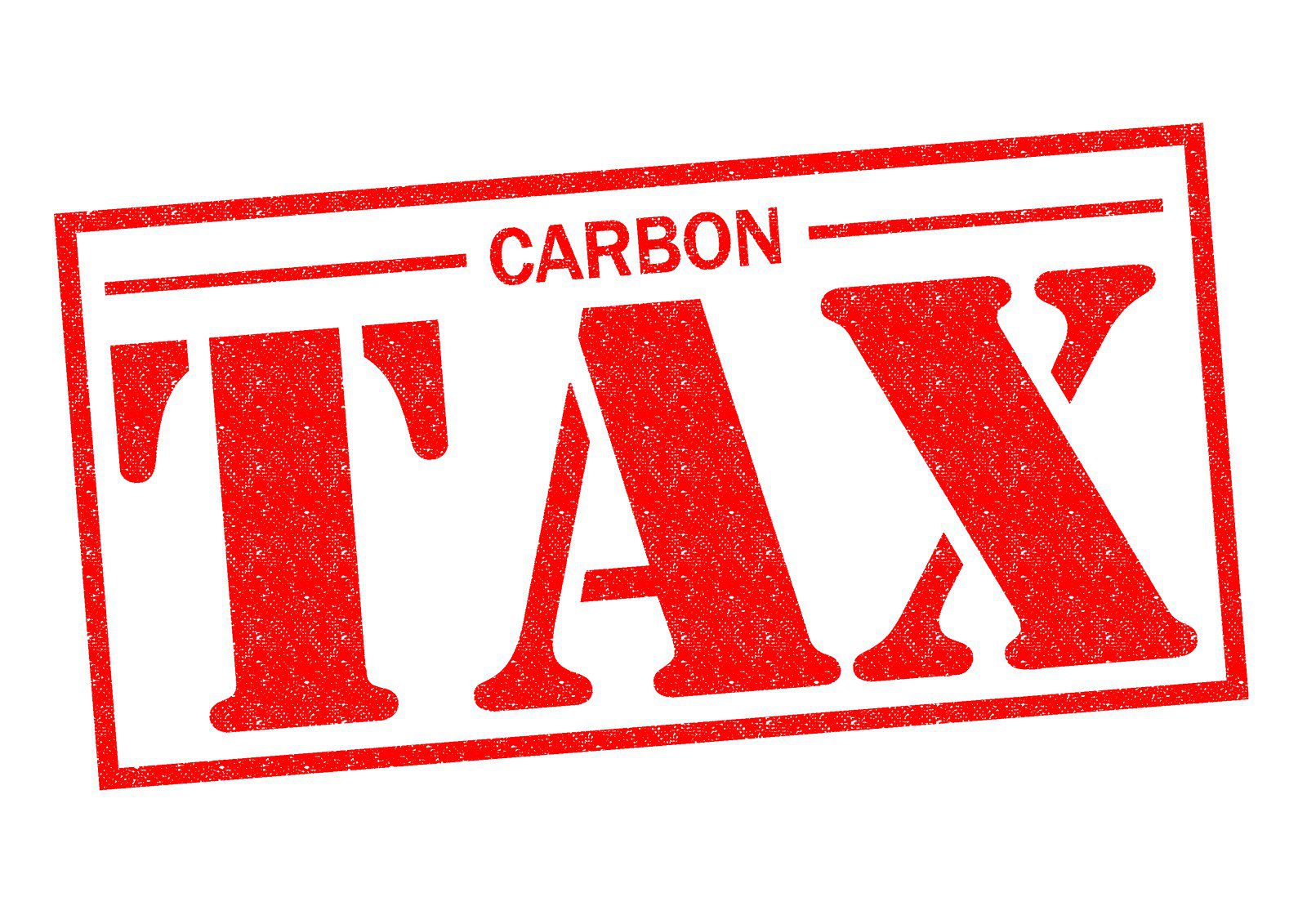Canadians are opening their mailboxes with anxiety this winter. As the temperature drops, taxpayers are worried about the doozie of a home-heating bill they’ll find waiting for them on the front stoop. The numbers are scary thanks to Prime Minister Justin Trudeau.
In April 2023, the Trudeau government jacked up the carbon tax for the fourth straight year. The federal government’s carbon tax is now $65 per tonne.
A higher carbon tax means higher prices at the pump, the grocery store and on home heating.
On the home heating front, the Trudeau government is literally punishing Canadians for wanting to stay warm in the winter.
Just how bad are the numbers?
Sixty-two per cent of Ontario households use natural gas to heat their homes. The carbon tax bill for Ontario taxpayers living in an average-sized home will be $326 this winter.
Many talking heads in Ottawa who defend the carbon tax claim that even though Canadians are being hammered on their home heating bills, the federal government’s quarterly rebates more than make up the difference.
They tell taxpayers that paying the carbon tax actually makes them better off.
“The price on pollution puts more money back into the pockets of the majority of Canadians,” said federal Environment Minister Steven Guilbeault just days ago.
But the Parliamentary Budget Officer isn’t buying that spin. Neither are Canadians.
The average Ontario family will lose $627 in 2024 thanks to the carbon tax, even after the rebates, according to the PBO.
More than 50 per cent of Canadian families now say they’re less than $200 away from not being able to pay their bills. Nearly two million Canadians turned to food banks in 2023.
Canadian families cannot afford the Trudeau government’s carbon tax, particularly on home heating.
The Trudeau government has long claimed the carbon tax is needed to help Canada meet its environmental targets. But Trudeau blew a hole in his own argument by providing a three-year carbon tax exemption for Canadians who heat their homes with heating oil.
Up to 40 per cent of Atlantic Canadian households use home heating oil to heat their homes, while only three per cent of Ontario households use that method.
Trudeau’s special exemption means those who use home heating oil (which is dirtier than natural gas) are getting a carbon tax break, while 62 per cent of Ontarians who use natural gas are not.
Trudeau’s politically-motivated exemption shows the carbon tax is all about politics. It always has been.
To add insult to injury, there’s no substantive evidence to show carbon taxes actually work.
British Columbia was the first province in Canada to impose a carbon tax. But B.C.’s emissions have gone up, not down. The province’s emissions were higher in 2021 than in 2015, despite four carbon tax increases during that period.
Ottawa is forcing a carbon tax down Canadians’ throats without evidence that it actually works.
If taxpayers think today’s carbon tax numbers are bad, life is about to get a whole lot more expensive. The Trudeau government is planning to hike the federal carbon tax every year between now and 2030. It will rise from $65 per tonne today to $170 per tonne by the end of the decade.
What does that mean for the average household?
The typical Ontario family will see their carbon tax bill on home heating grow from $326 this year to a stunning $853 by 2030.
And the gap between the carbon tax costs Canadians face, and the rebates the government plans to give, are set to grow too – from $627 this year to $1,820 by 2030.
Canadians cannot afford Trudeau’s carbon tax policies.
It’s not optional for Canadians to heat their homes in the winter and families shouldn’t have to go broke just to stay warm.
The federal carbon tax needs to go.
Jay Goldberg is the Ontario Director of the Canadian Taxpayers Federation






